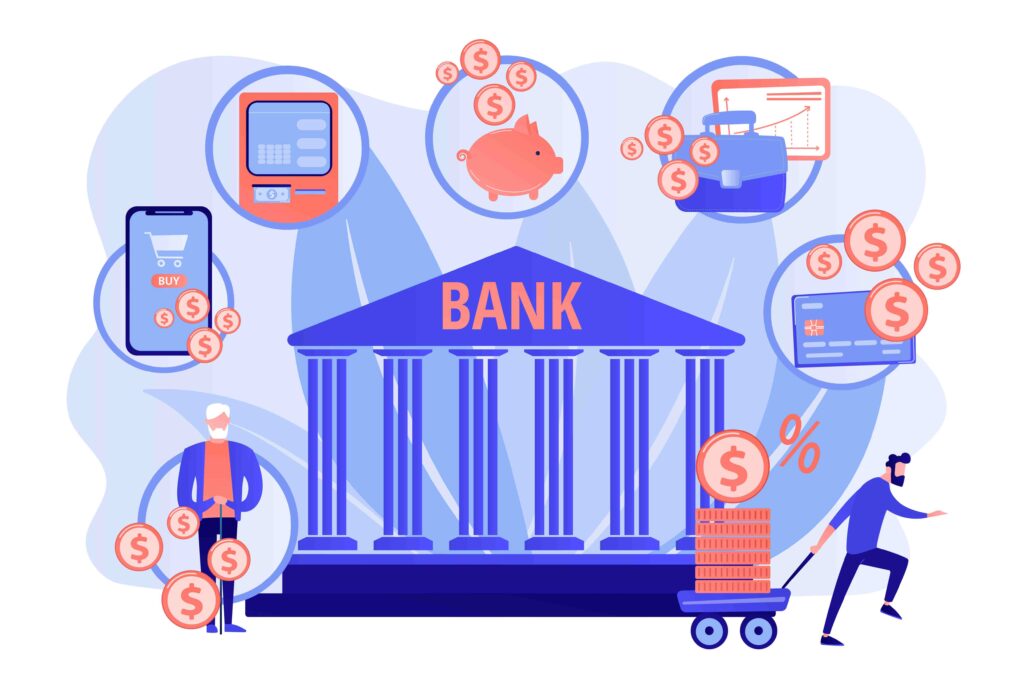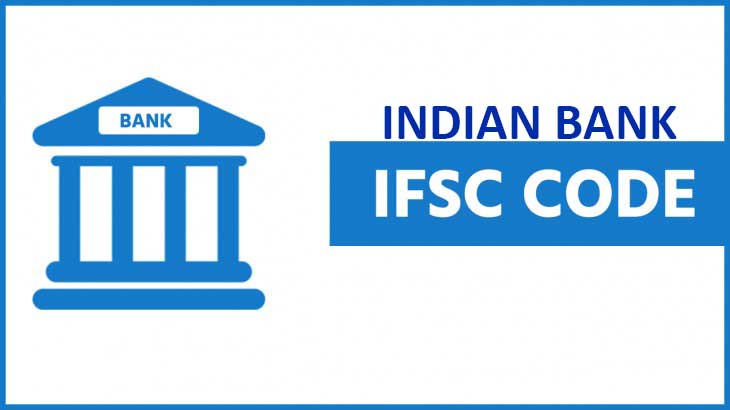A Comprehensive Guide Indian Bank IFSC Code
In today’s digital age, banking transactions have become an integral part of our lives. Whether you need to transfer funds, pay bills, or conduct any financial activity, knowing the Indian Bank IFSC code is essential. This article will provide you with a comprehensive guide to understanding what an IFSC code is, its significance, and how to find it for Indian Bank branches.

Table of Contents
1. Introduction to IFSC Code
In the realm of banking, an IFSC (Indian Financial System Code) is a crucial element that facilitates electronic funds transfers in India. It acts as a unique identifier for a specific bank branch and plays a pivotal role in ensuring the secure and accurate routing of funds during transactions.
2. Understanding the Indian Banking System
Before delving deeper into IFSC codes, let’s have a brief overview of the Indian banking system. India boasts a vast and diverse banking network comprising public sector banks, private banks, and cooperative banks. Each bank has numerous branches spread across the country, and these branches require a distinct identification code, which brings us to the IFSC code.
3. What is an IFSC Code?
An IFSC code is an alphanumeric 11-digit code that uniquely identifies a particular bank branch. This code is crucial for conducting various electronic transactions, including NEFT (National Electronic Funds Transfer), RTGS (Real-Time Gross Settlement), and IMPS (Immediate Payment Service).
4. The Structure of an IFSC Code
Breaking down the structure of an IFSC code, the first four characters represent the bank’s name, followed by a ‘0’ (zero) for future use. The subsequent six characters uniquely identify the branch, and the final character is a control digit for validation.
5. Importance of IFSC Code
The significance of the IFSC code cannot be overstated. It ensures that your funds reach the intended recipient’s bank branch accurately and securely. Using the wrong IFSC code can lead to transaction failures or delays, emphasizing the importance of accuracy.
6. How to Find Indian Bank IFSC Code?
Locating the IFSC code for your Indian Bank branch is a straightforward process. You can find it on your bank passbook, checkbook, or online on the official website of Indian Bank. Additionally, various online tools and apps provide IFSC code lookup services for your convenience.
7. Using IFSC Code for Online Transactions
Online transactions have become increasingly prevalent, and the IFSC code is a fundamental requirement for these transactions. Whether you’re transferring funds or making online payments, having the correct IFSC code is essential for a seamless experience.
8. IFSC Code vs. MICR Code
While IFSC codes are used for electronic funds transfers, MICR (Magnetic Ink Character Recognition) codes are primarily used for check clearance. Understanding the difference between these two codes can help you use them effectively for different banking purposes.
9. Security Measures for IFSC Code
Protecting your IFSC code is crucial to prevent unauthorized access to your bank account. We’ll discuss some security measures you should consider to keep your IFSC code and financial information safe.
10. Common Transactions Using IFSC Code
The IFSC code finds application in various transactions, from transferring funds to paying bills. We’ll explore some common scenarios where you’ll need to use your Indian Bank IFSC code.
11. How to Verify an IFSC Code?
Mistakes can happen when entering IFSC codes. We’ll guide you on how to verify the accuracy of an IFSC code before initiating a transaction to avoid complications.
12. IFSC Code FAQs
Q1: What is the full form of IFSC?
Q2: Are IFSC codes unique for each branch of a bank?
Q3: Can I find the IFSC code online without visiting the bank?
Q4: Is the IFSC code the same as the branch code?
Q5: What should I do if I enter the wrong IFSC code during a transaction?
Conclusion
In conclusion, the Indian Bank IFSC code is a critical component of the modern banking system. It ensures that your funds are securely and accurately transferred to the intended recipient. By understanding its significance and following best practices, you can make the most of this essential banking identifier.
FAQs
Q1: How do I find the IFSC code for my Indian Bank branch?
A1: You can find the IFSC code on your Indian Bank passbook, checkbook, or by visiting the official Indian Bank website.
Q2: Are IFSC codes the same for all Indian Bank branches?
A2: No, each Indian Bank branch has a unique IFSC code.
Q3: Can I use the IFSC code for international transactions?
A3: No, IFSC codes are used for domestic transactions within India. For international transactions, you’ll need SWIFT or IBAN codes.
Q4: Is it safe to share my IFSC code with others?
A4: While sharing your IFSC code is generally safe, avoid sharing it with unknown or untrusted individuals or websites.
Q5: What should I do if I forget my Indian Bank IFSC code?
A5: You can find your IFSC code on your bank documents, or you can contact your Indian Bank branch for assistance.

very good post